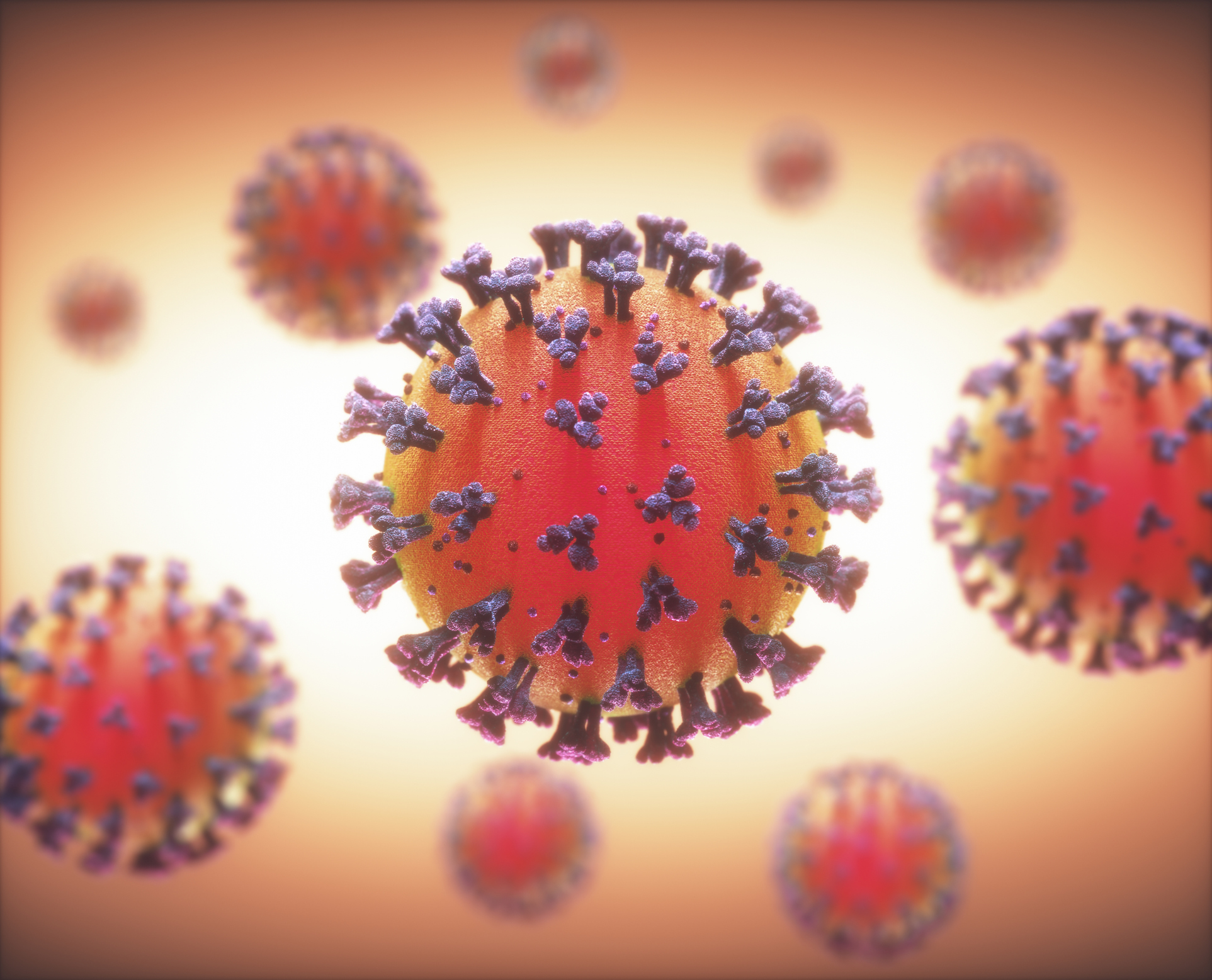 Written by: Lynda Jennings, OTR, RAC-CT
Written by: Lynda Jennings, OTR, RAC-CT
COVID-19 is impacting every thread of normalcy in the world. Much of the information that we are receiving is ever evolving and sometimes conflicts with other sources. This can be frightful and confusing to those on the frontlines providing care to patients in various settings.
Flattening the Curve
“Flatten the Curve” refers to an initial rapid climb, in particular with COVID-19 cases, which can overwhelm the healthcare system. In doing so, certain procedures should be implemented so the curve does not increase. Ultimately, the end goal would show a gradual decline in cases, thus overall allowing better overall management of the disease.
Our profession by nature, is often very much in direct contact with our patients, regardless of the setting. As clinicians we must use our professional judgement to minimize our own risk for exposure as well as, potentially exposing our patients, residents and/or clients to any form of infection.
Stopping the Spread
How can we stop the spread of COVID-19, while ensuring we are meeting the needs of the patients we serve?
- Keep yourself informed of the recommended guidelines per the Centers for Disease Control and Prevention
- Knowing and recognizing the signs and symptoms
- Following strong Cleaning and Disinfection Protocols, which may mean stepping up frequency of cleaning all equipment and tools utilized for patient care
- Consider issuing gait belts specific to the patient versus sharing belts among patients
- Working closing with Administration and Nursing to quickly identify patients with suspected or confirmed cases of COVID-19 and adhere to contact and droplet infection control precautions
- For those patients with suspected or confirmed cases of COVID-19 or any infection, try to avoid sharing therapy equipment when possible and diligently disinfect equipment between treatment sessions
- If you are ill or exhibiting any of the symptoms, stay at home and notify your employer
- Know how to appropriately use Personal Protective Equipment (PPE)
Personal Protective Equipment
To mask or not to mask, that is the question?
The Centers for Disease Control and Prevention recommends to follow standard precautions when caring for any patient, regardless of suspected or confirmed COVID-19. If the patient is afebrile and without symptoms, then precautions specific to COVID-19 do not apply. The World Health Organization has expressed concern regarding the misuse and overuse of face mask with healthy healthcare workers and patients. This has resulted in a shortage of PPE for those who require them in carrying for patients, who actually have a suspected or confirmed case of COVID-19.
In the case of confirmed or suspected cases of patients with COVID-19 healthcare personnel, the Centers for Disease Control and Prevention recommends the use of:
- Disposable Gloves
- Non-sterile, long sleeve gown
- Disposable N95 fit-tested respirator or facemask if respirator is not available
- Goggles or disposable face shield that covers the front and sides of the face
If you are in a facility, that is exhibiting shortage of PPE’s, the Centers for Disease Control and Prevention has provided strategies for optimizing the supply of facemasks and N95 respirators which may include extended use of facemask or respirators.
We are in unprecedented times, and it will take all healthcare personnel to strategize what is best for the patients we serve while minimizing our own risk.

One question that often comes up during a state of emergency, or in this case a pandemic, is which personnel are considered essential. To best determine this, we should look to the Patient Protection and Affordable Care Act of 2010, which identifies 10 categories of essential healthcare benefits, including rehabilitative services.As clinicians we fought hard to have therapy included as an essential healthcare benefit. It would make sense that in times of crisis you would want your highly skilled clinicians in place assisting with the care of patients. An article in Skilled Nursing News emphasizes that therapy is an essential service for SNF residents during the COVID-19 crisis and that physical, occupational, and speech therapy services can help get vulnerable patients home more quickly and into a lower-risk environment. Keep in mind that therapists’ roles may vary during this emergency situation and you may be asked to assist in areas outside your traditional role. In time of crisis, it is all hands-on deck, and you should rally as a team to assist each other.
Is it PT an essential service? Because One of the measurements is to try to reduce the exposure with COVID patients. This way less people are exposed and we save PPE . Do we really need to see those patients??
Thank you
Well done Lynda. Good reminders.
Thanks